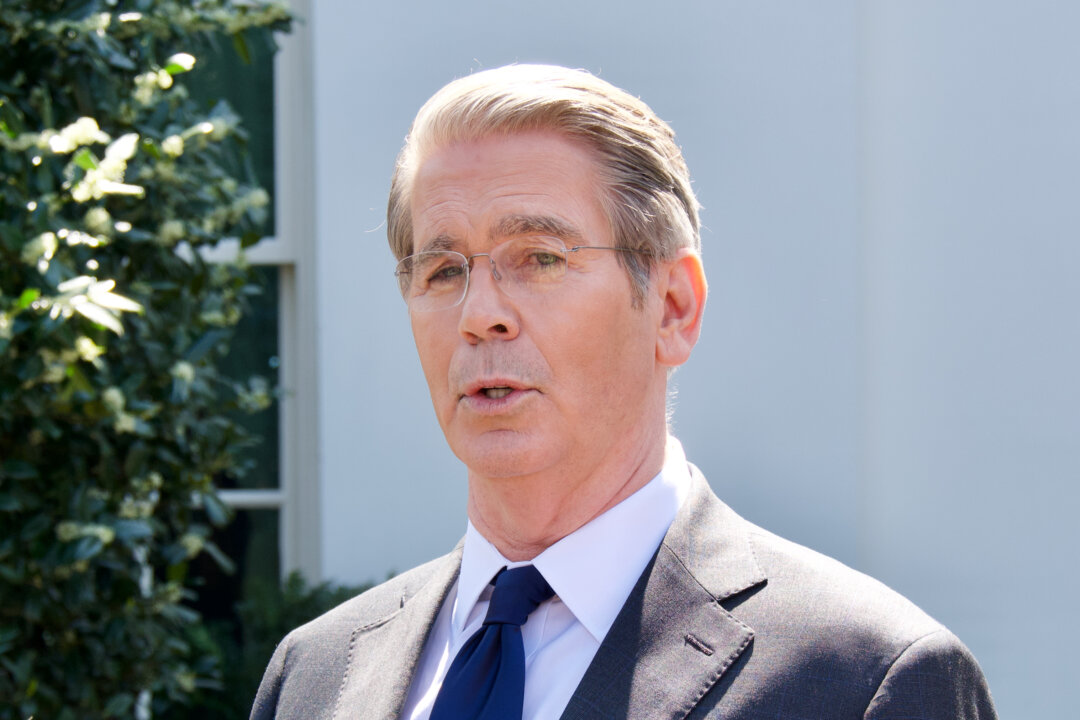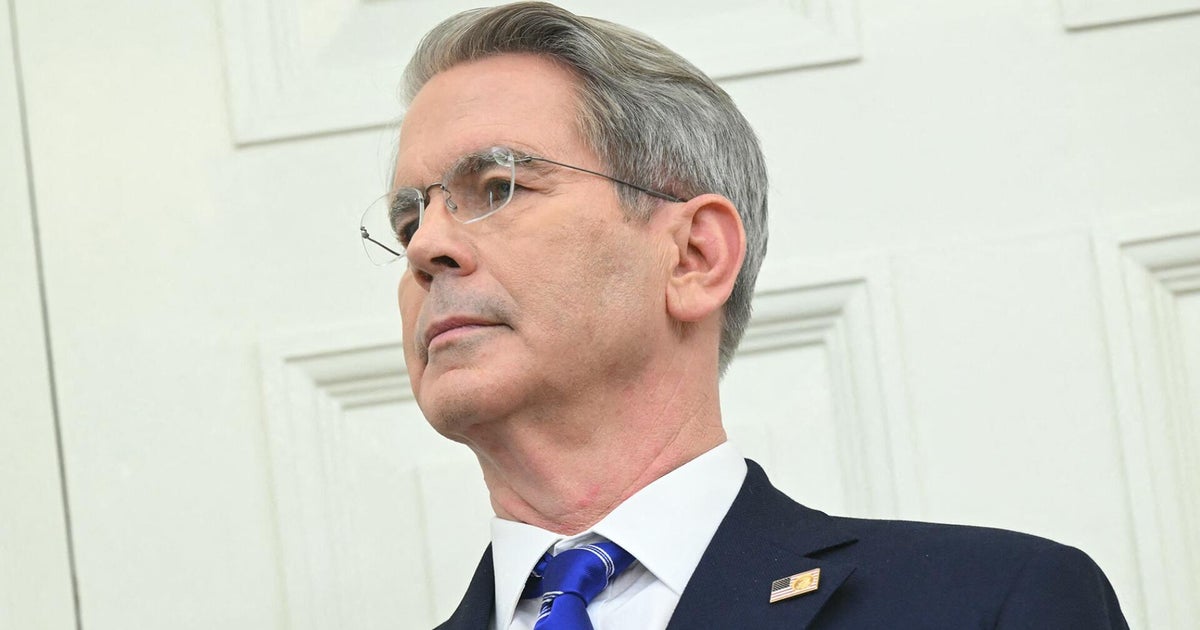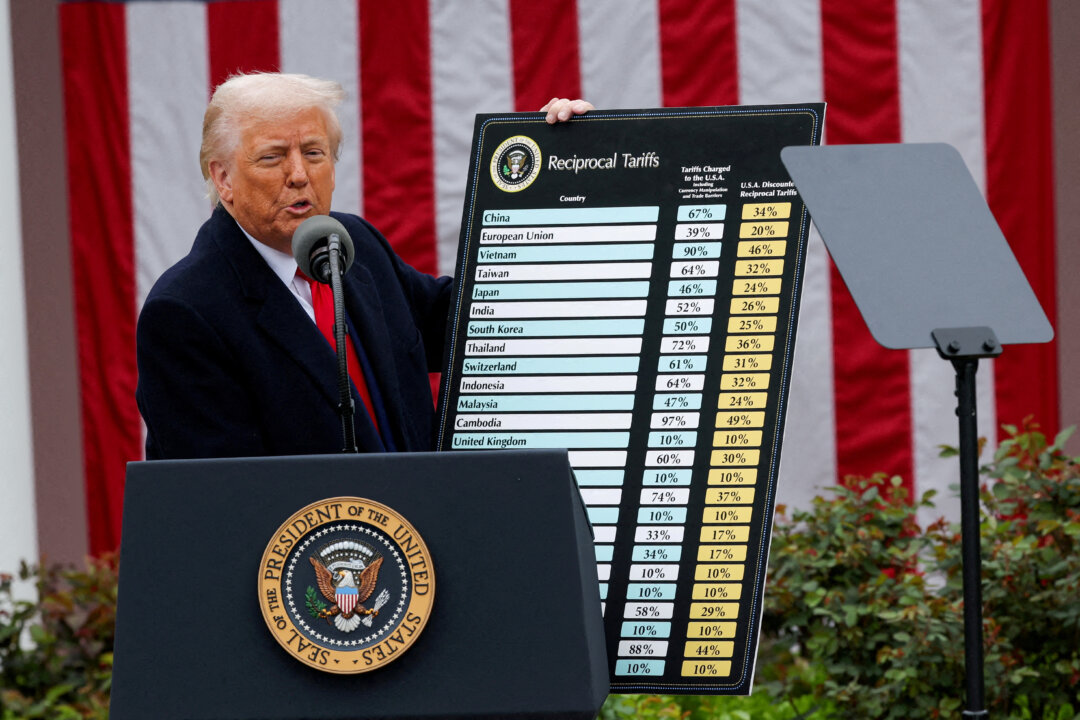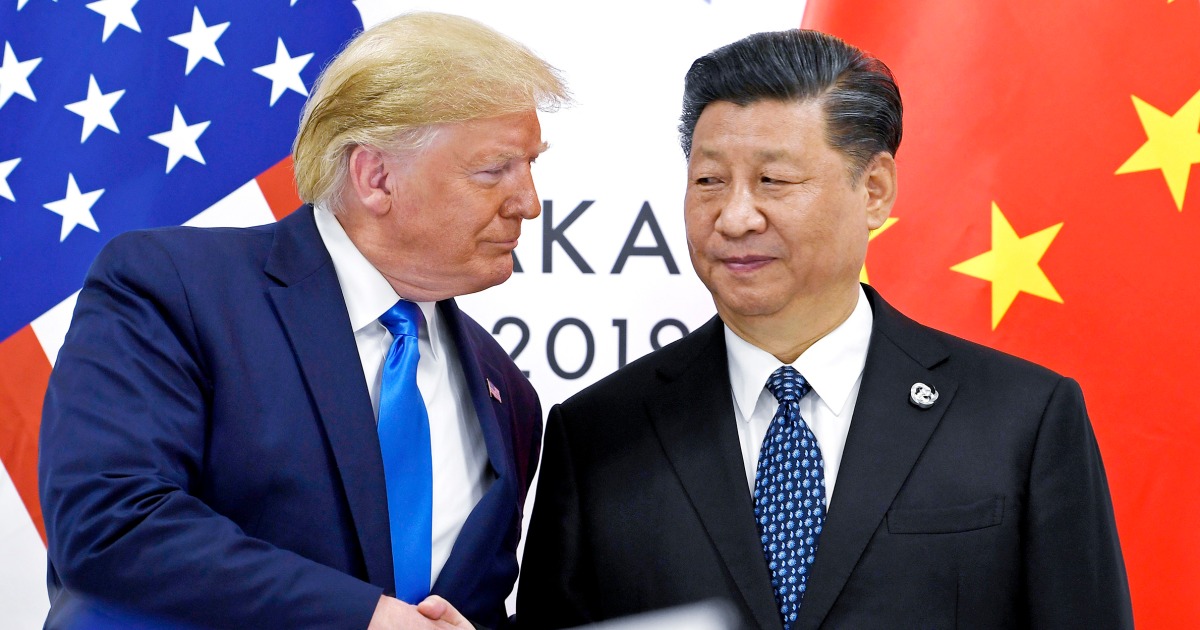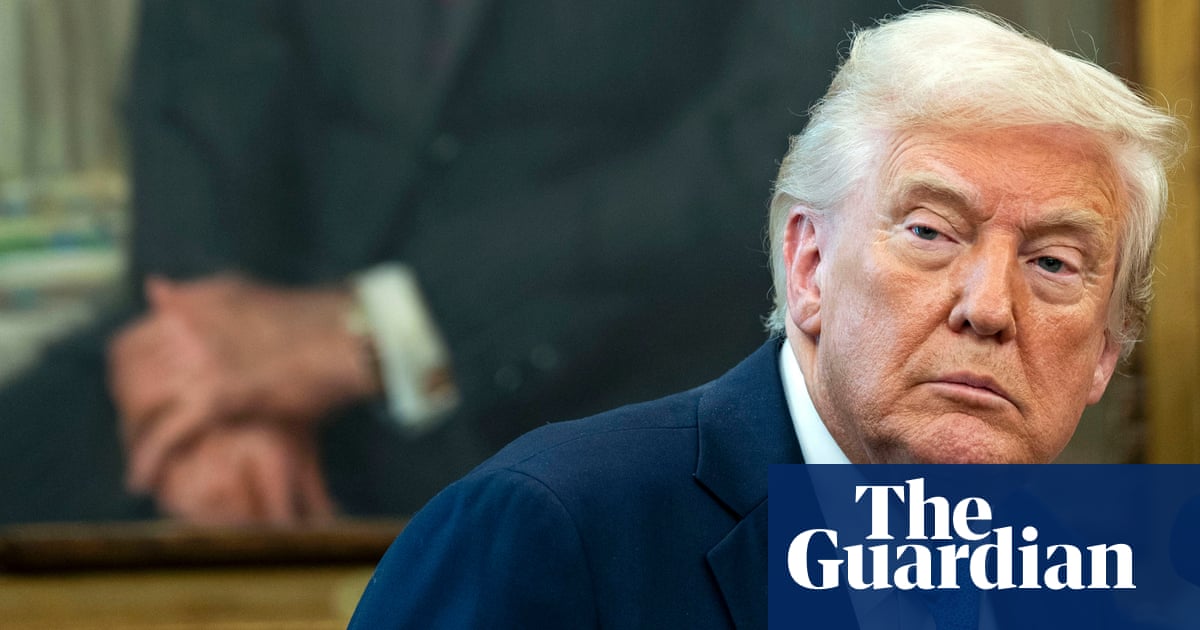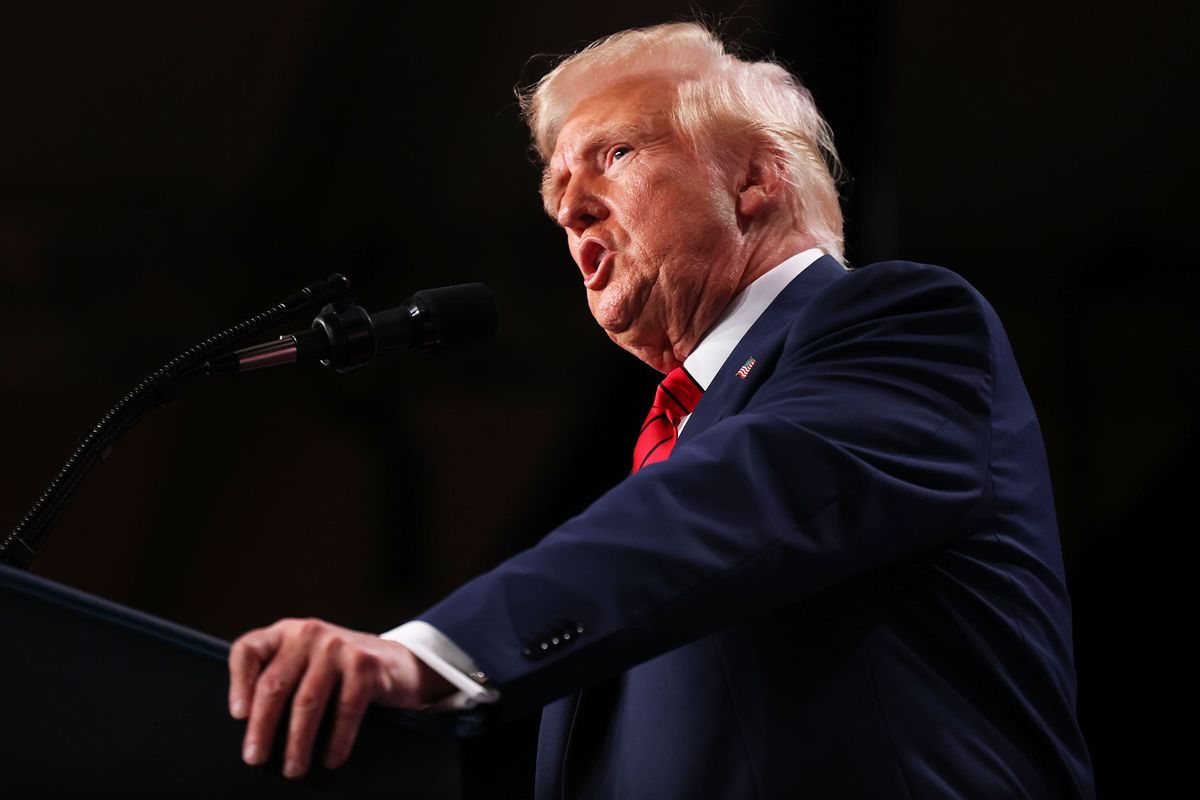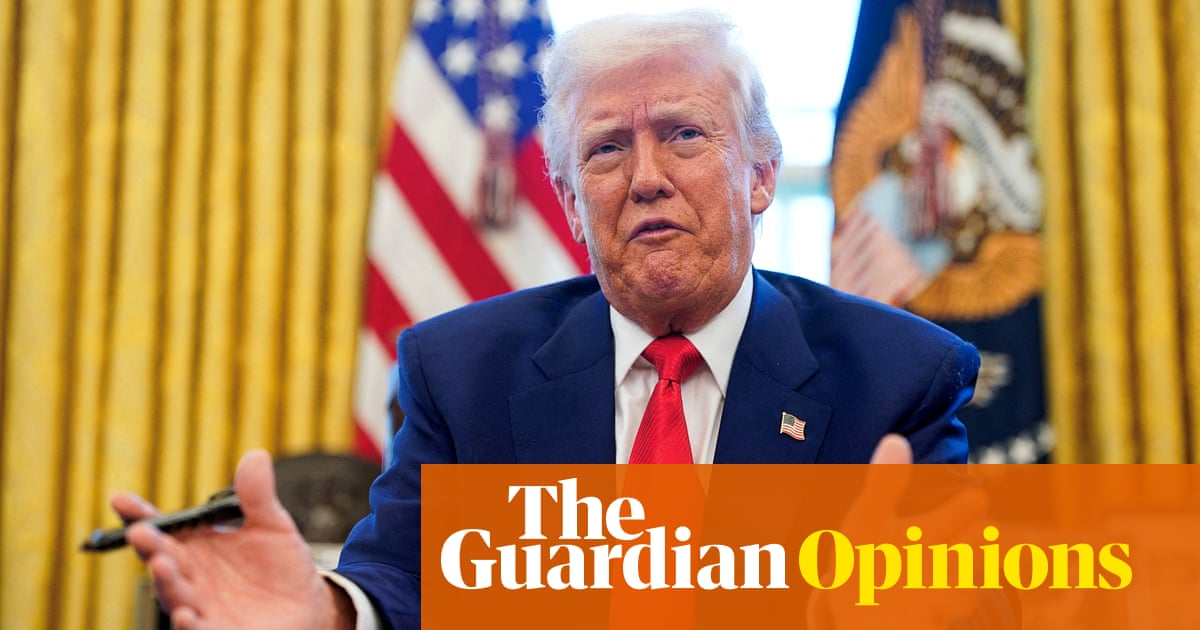Treasury Secretary Bessent Criticizes IMF and World Bank While Discussing Potential Tariff Reductions with China
Treasury Secretary Scott Bessent has criticized the IMF and World Bank as talks on reducing U.S.-China tariffs indicate progress is possible amidst ongoing trade tensions.
Subscribe to unlock this story
We really don't like cutting you off, but you've reached your monthly limit. At just $5/month, subscriptions are how we keep this project going. Start your free 7-day trial today!
Get StartedHave an account? Sign in
Overview
In a recent speech, Treasury Secretary Scott Bessent criticized the IMF and World Bank's operations while emphasizing the importance of U.S. leadership. Amid ongoing trade tensions with China, he mentioned potential de-escalation discussions, with speculation that tariffs could be substantially cut. President Trump described expectations for a 'fair deal' with China as tariff discussions continue to unfold, amidst assurances that U.S. economic leadership would persist. Despite the previously high 145% tariffs on Chinese imports, hopes for negotiation persist. The IMF also revised growth forecasts downward due to ongoing trade conflicts, reiterating concerns over global economic stability.
Report issue

Read both sides in 5 minutes each day
Analysis
- The IMF warns that Trump's tariffs are leading to increased global financial uncertainty and a significant decrease in economic growth forecasts, projecting global growth to hit just 2.8% in 2025.
- The surge in tariffs, combined with policy unpredictability, is expected to slow growth across various countries, including the U.S., which is now forecasted to grow only 1.8% in the coming year.
- Global trade faces disruptions as countries retaliate against U.S. tariffs, raising concerns among investors about stability and international trade relationships.
Articles (26)
Center (5)
FAQ
Secretary Bessent emphasized the need for the IMF and World Bank to refocus on their core missions, with the IMF concentrating on promoting global macroeconomic stability and the World Bank on long-term economic development. He criticized mission creep and wants reforms to ensure these institutions hold countries accountable for implementing economic reforms.
Bessent noted that the IMF's focus on climate change, gender, and social issues diverges from its core mission of promoting global macroeconomic stability. He believes this shift has caused the IMF to fail in holding countries accountable for economic reforms.
Tariff reductions could alleviate trade tensions and improve global economic stability, as ongoing conflicts have led the IMF to revise growth forecasts downward. Reduced tariffs might also support U.S.-China trade relations and facilitate broader economic cooperation.
History
- 6M

 4 articles
4 articles
- 6M

 4 articles
4 articles
- 6M

 5 articles
5 articles


